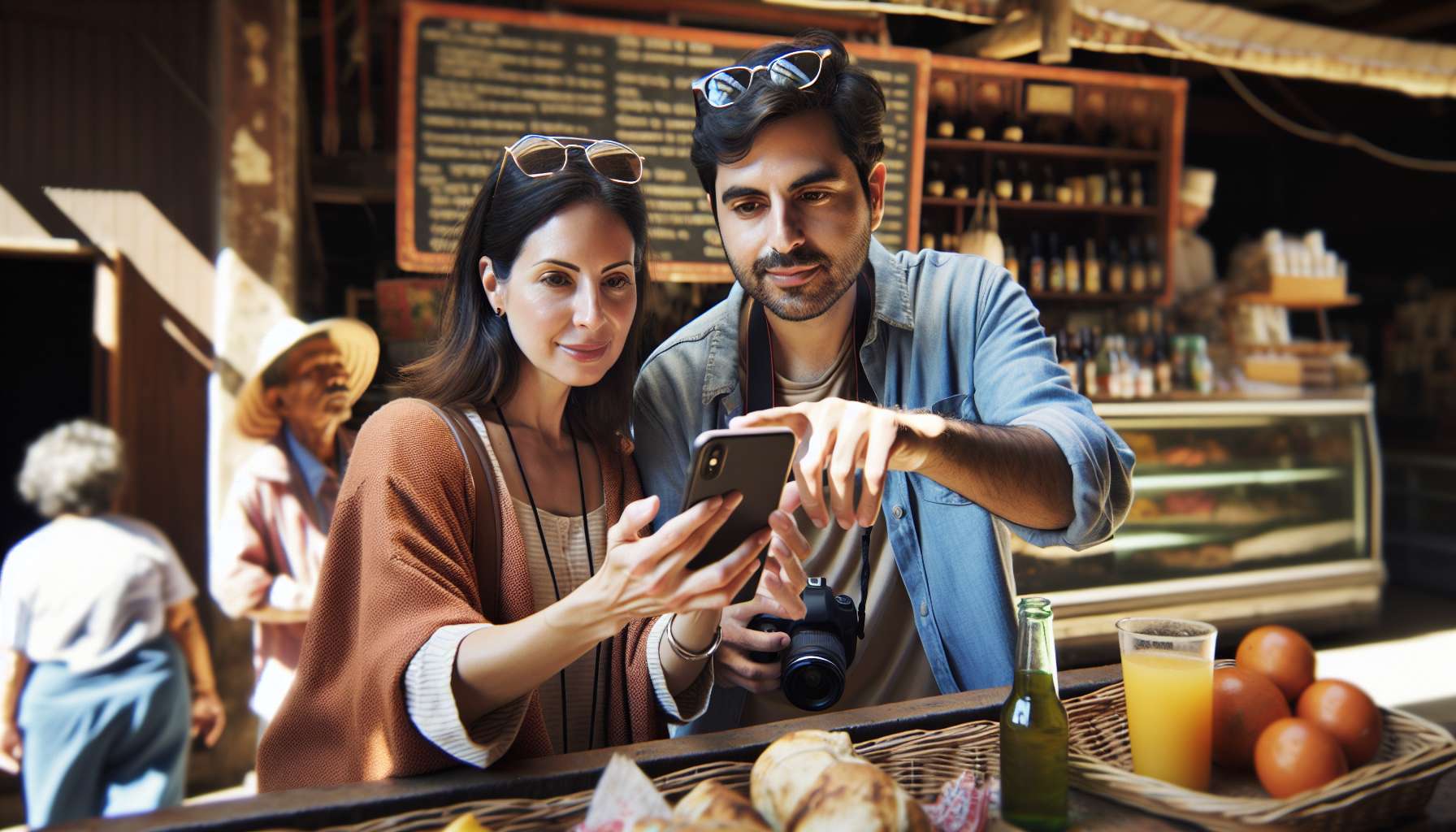Unlocking Economic Potential: How Augmented Reality is Boosting Local Economies
As technology continues to evolve, so do the opportunities it presents for various industries. One such industry that has seen a significant transformation is tourism. With the advent of augmented reality (AR), tourism has taken on a whole new dimension, offering exciting possibilities for local economies to thrive. In this article, we will explore how AR is enhancing tourism experiences and driving economic growth in local communities.
1. Immersive Experiences that Attract Visitors
AR technology allows tourists to experience destinations in a whole new way. By overlaying digital information onto the real world, AR enhances the visitor’s perception of their surroundings. Imagine walking through a historic city and seeing virtual guides providing historical context, or exploring a museum and having interactive exhibits come to life. These immersive experiences not only captivate tourists but also entice them to spend more time and money in the local area.
2. Personalized Recommendations and Enhanced Navigation
AR-powered tourism apps can provide personalized recommendations based on a visitor’s interests and preferences. By analyzing data such as previous travel history and online behavior, these apps can suggest tailored itineraries, restaurants, and attractions. Additionally, AR navigation features can guide tourists through unfamiliar areas, highlighting points of interest along the way. This level of personalization and convenience encourages visitors to explore more, leading to increased spending and longer stays.
3. Revitalizing Cultural Heritage
Many local economies rely on their cultural heritage to attract tourists. AR offers a unique opportunity to bring historical sites and artifacts to life. By overlaying digital reconstructions or interactive elements onto physical locations, AR allows visitors to engage with the past in a dynamic and engaging way. This not only enhances the visitor experience but also helps preserve and promote cultural heritage, driving tourism and economic growth in the process.
4. Boosting Local Businesses
AR technology opens up new avenues for local businesses to connect with tourists. For example, restaurants can use AR menus that provide interactive visuals and detailed information about dishes. Retailers can offer virtual try-on experiences, allowing tourists to see how clothing or accessories look on them before making a purchase. By leveraging AR, local businesses can differentiate themselves from competitors, attract more customers, and ultimately boost their revenue.
5. Collaborative Partnerships and Community Engagement
AR-enhanced tourism often requires collaboration between various stakeholders, including local businesses, tourism boards, and technology providers. These partnerships not only drive innovation but also foster a sense of community engagement. By working together to create unique AR experiences, local stakeholders can showcase their region’s strengths and build a collective vision for the future. This collaborative approach strengthens the local economy and creates a sustainable tourism ecosystem.
Looking Ahead: The Future of AR-Enhanced Tourism
The potential of AR in boosting local economies is immense, and the technology is only getting better. As AR hardware becomes more accessible and user-friendly, we can expect to see even more innovative applications in the tourism industry. From virtual tour guides to AR-powered souvenir shopping, the possibilities are endless. By embracing AR and investing in its integration into tourism experiences, local economies can position themselves as forward-thinking and attractive destinations for visitors.
In conclusion, augmented reality is revolutionizing the tourism industry and providing a significant economic boost to local communities. Through immersive experiences, personalized recommendations, cultural heritage preservation, support for local businesses, and collaborative partnerships, AR is transforming the way tourists engage with destinations. As we look to the future, it is clear that AR-enhanced tourism will continue to play a vital role in driving economic growth and revitalizing local economies.





